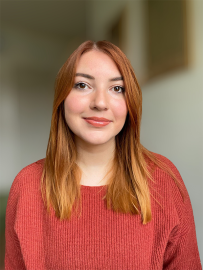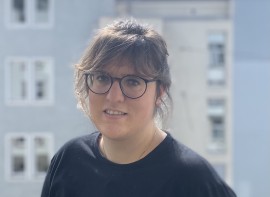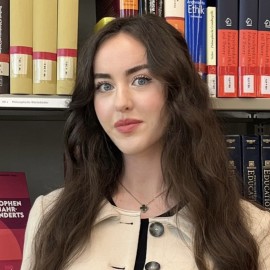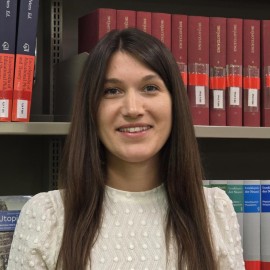DEEP – Differentiated Instruction consists of three sub-projects and examines the implementation of differentiated instruction in three different teaching settings at the primary school level (grades 4-6). These settings include (1) classes using mandatory teaching materials, (2) classes utilizing digital learning environments, and (3) classes employing adaptive learning systems. The core focus is on how differentiation in teaching can be implemented in the digital age.
Enabling Equity-based, Digitally Supported, Differentiated Instruction
In the narrative of Swiss educational policies, the heterogeneity of primary school pupils is described as a leading source of inequity in school success. Therefore, teachers are required to adapt their instruction to the different needs of learners and provide appropriate forms of differentiated instruction to improve equity.
However, teachers often struggle to implement differentiated instruction suitably. In order to support them in this challenge, different materials have been developed in recent years including digital tools such as explanatory movies, self-tests, or digitized pools of tasks on different levels. Novel educational technologies take this even further and aim to radically personalize learning experiences. Here, digital tools are applied as a possibility for teachers to fulfill the task of differentiated instruction and deal with learners’ heterogeneity. However, nowadays educational technologies are still rarely used in educational practices.
This gap between current practices and promises of educational technologies regarding differentiated instruction and the unclear outcomes concerning educational equity constitute our salient point of departure. The key target of DEEP – Differentiated Instruction is to clarify conditions for differentiated instruction in Swiss primary schools to ensure equitable education, particularly regarding the possibilities and challenges digital tools can provide. Thus, the project is guided by the following research questions:
How can differentiated instruction be translated into school classrooms in times of digitization of teaching and learning?
- How can differentiated instruction be translated into school classrooms to reduce challenges for teachers and to be supportive for pupils?
- How can differentiated instruction be translated into school classrooms to have positive effects on performance and equity?
- How can digital tools support differentiated instruction equitably?
Three sub-projects address these questions with distinct focuses.
Sub-project 1 employs an ethnographic-participatory approach to investigate students’ perceptions in the three teaching settings. This approach aims to gather in-depth insights into how students experience and respond to differentiated instruction in different classroom environments.
Sub-project 2 uses a qualitative methodology to explore the professional role of teachers within the various teaching settings. This involves examining how teachers perceive their roles, the challenges they face, and the strategies they use to implement differentiated instruction effectively.
Sub-project 3 conducts a series of quasi-experiments to determine the characteristics that learning materials and digital tools need to possess to support differentiation effectively. This sub-project aims to provide empirical evidence on the effectiveness of different tools and materials in promoting differentiated learning.
The three sub-projects are closely interconnected, with findings from each being continuously integrated and cross-referenced. Additionally, throughout the project’s duration, inputs for teachers will be developed based on interim findings. These inputs will be designed to provide practical guidance and strategies for implementing differentiated instruction in the classroom.








